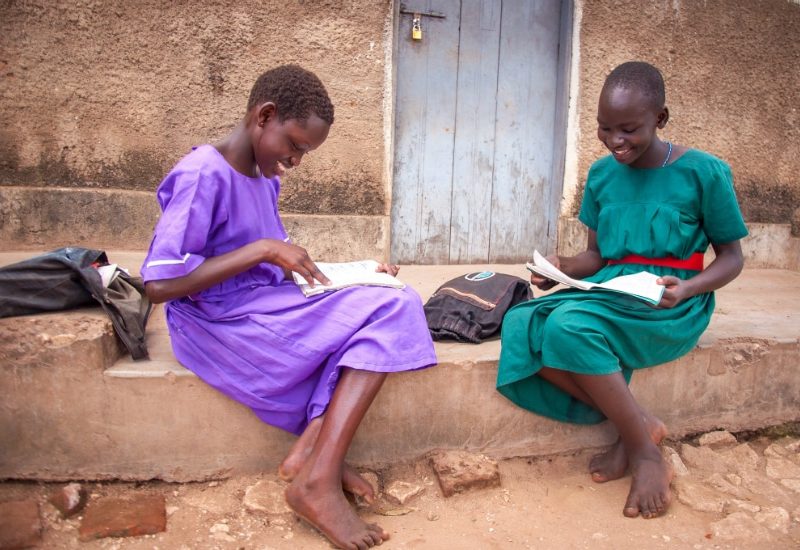

Some time ago, a schoolmate of mine named Fatima shared the stories in her Dream Notebook with me. It was an astonishing little notebook where she and her school friend Latifa wrote about their hopes.
Latifa was in the first position at school every year since first grade. She and my friend wrote about their dreams to climb mountains, start businesses, make speeches and write a book about their successes. They would graduate from a top university and own their own houses.
Then Fatima showed me a letter that Latifa had sent to her in eighth grade, saying she was leaving school and would not be pursuing her big dreams.
“Dear Fatima,” the letter said.
“I am sorry for not attending school and sending this letter for you, but this is the only way I can tell you what is wrong. You asked why I am so sad. Within two days I am going to marry Ahmad, one of my father’s friends. My father needed money. He made me marry the man whose age is 38 and I am 14. They are saying that I am old enough to marry. They are wrong, I know. I am scared that I will die just like my mother did.
“My grandmother said that long ago my grandfather wanted to buy land but he could not pay for it. My father, who was the owner of the land, said if my grandfather gave him his daughter, he would give a discount to my grandfather. My grandmother said that my grandfather forced my mother to marry my father when she was about 13 and my father was 26, twice the age of my mother.
“My mother died after my birth because she became so weak. After my mother died my stepmother acted so cruel with me; always forcing me to do the housecleaning and even not letting me to go to school but after begging a lot they let me attend school.
“So my dear friend, I wrote this letter to tell you that no matter what will happen, you have to follow the dreams that we wrote in our Dream Notebook. I am sorry that I cannot be with you and watch you or support you to achieve your dreams that were our dreams.
“Believe me I wanted to do something to stop the wedding but in our tradition women cannot argue about the decisions that the elders are making for us. But if they do then people will stone them. I know these people. They will do anything to keep their tradition alive. I really wanted to work together on making our dreams come true, but you know there are limitations for women. My dreams will come true when yours come true, so think that my dream is yours – so please try to make them come true.
Sincerely,
Your friend Latifa.”
After I read the letter, Fatima told me how about two years ago, she wrote a letter to Latifa and gave it to a relative who was going to the province where Latifa was living.
But when he returned, he told her that Latifa had died and her baby daughter was living with the father and a stepmother.
Here in Afghanistan, there have always been limitations on women. These limitations do not let women defend themselves. Women are like property to be exchanged or slaves to follow orders – eat this, wear that, do this, don’t speak, lower your eyes, don’t argue, and, the worst, marry that man. The man may be someone you have never seen, and old enough to be your father.
Early marriages bring death to hundreds of Afghan women each year. Yesterday it was Latifa’s mother, today Latifa herself, and tomorrow Latifa’s daughter. It goes on like this; generations of women giving up on their life’s dreams and sometimes their lives.


